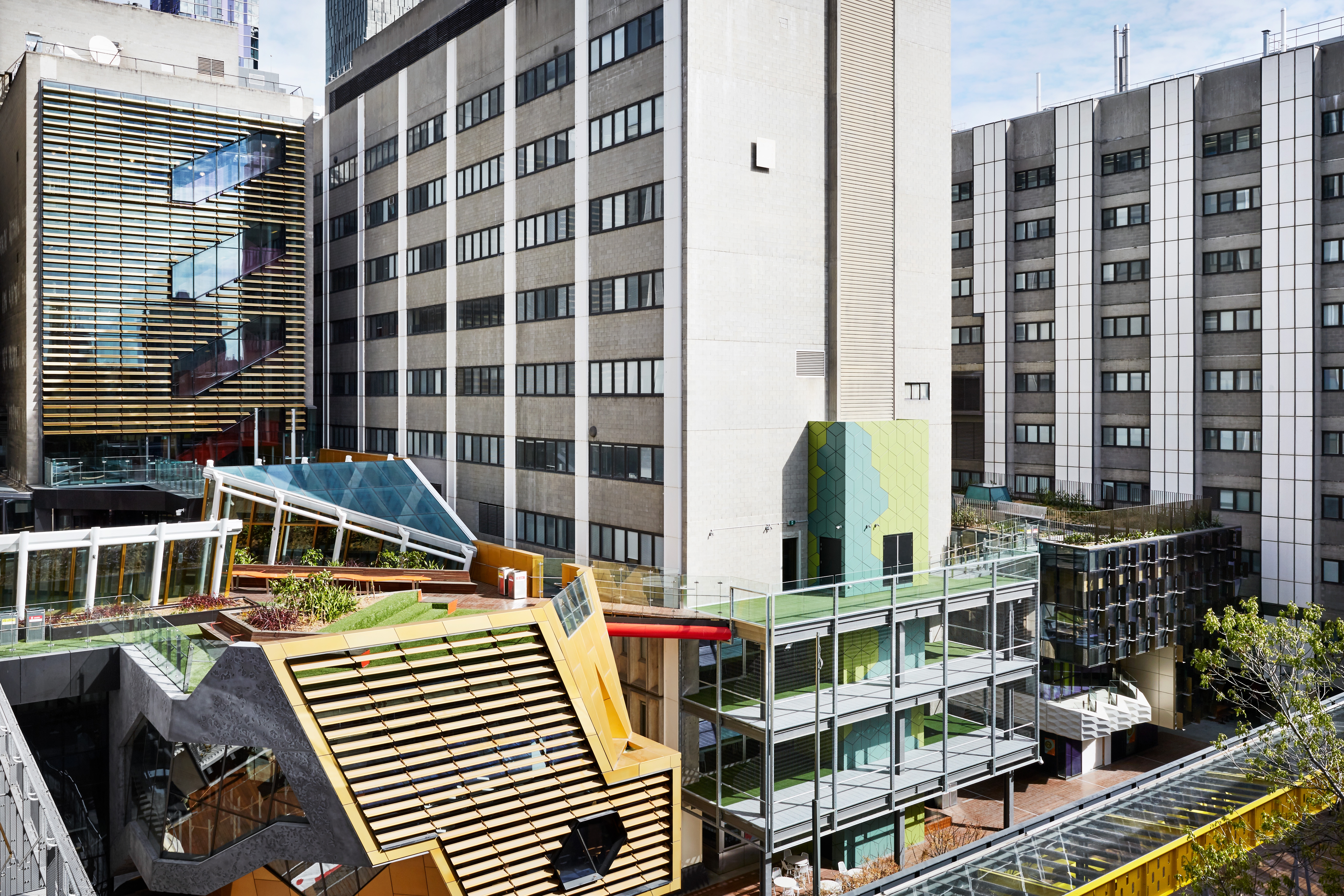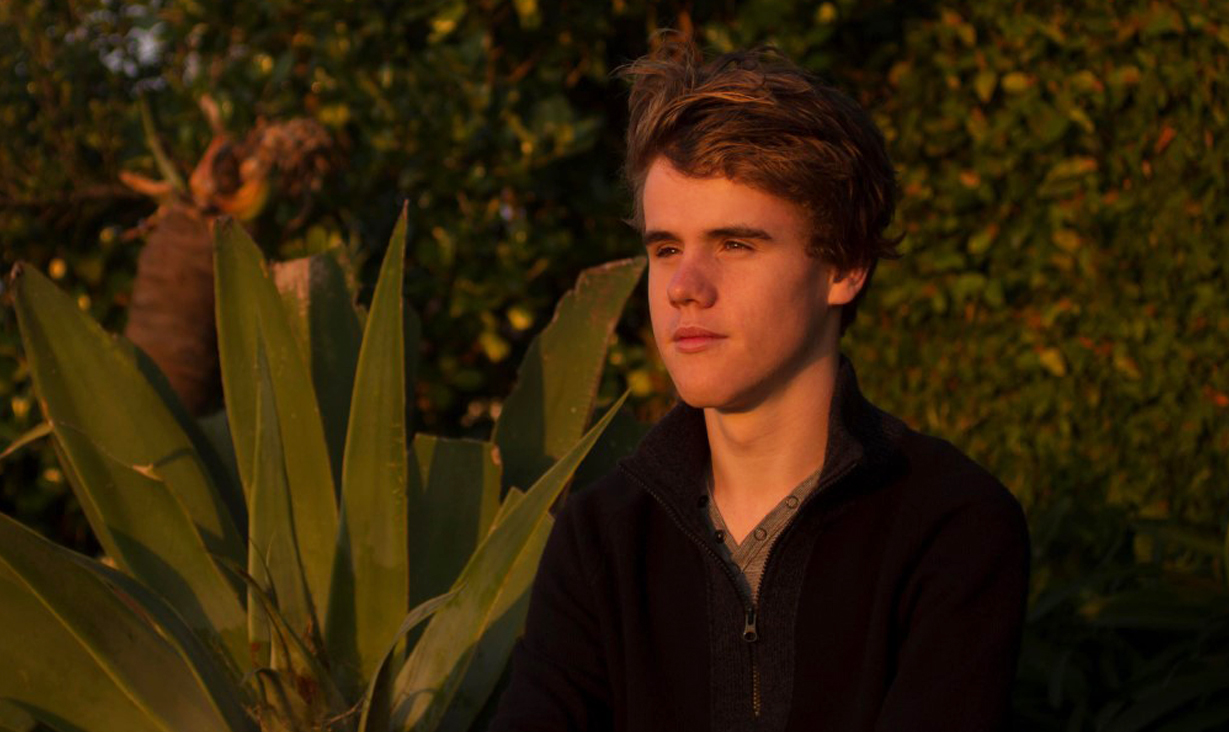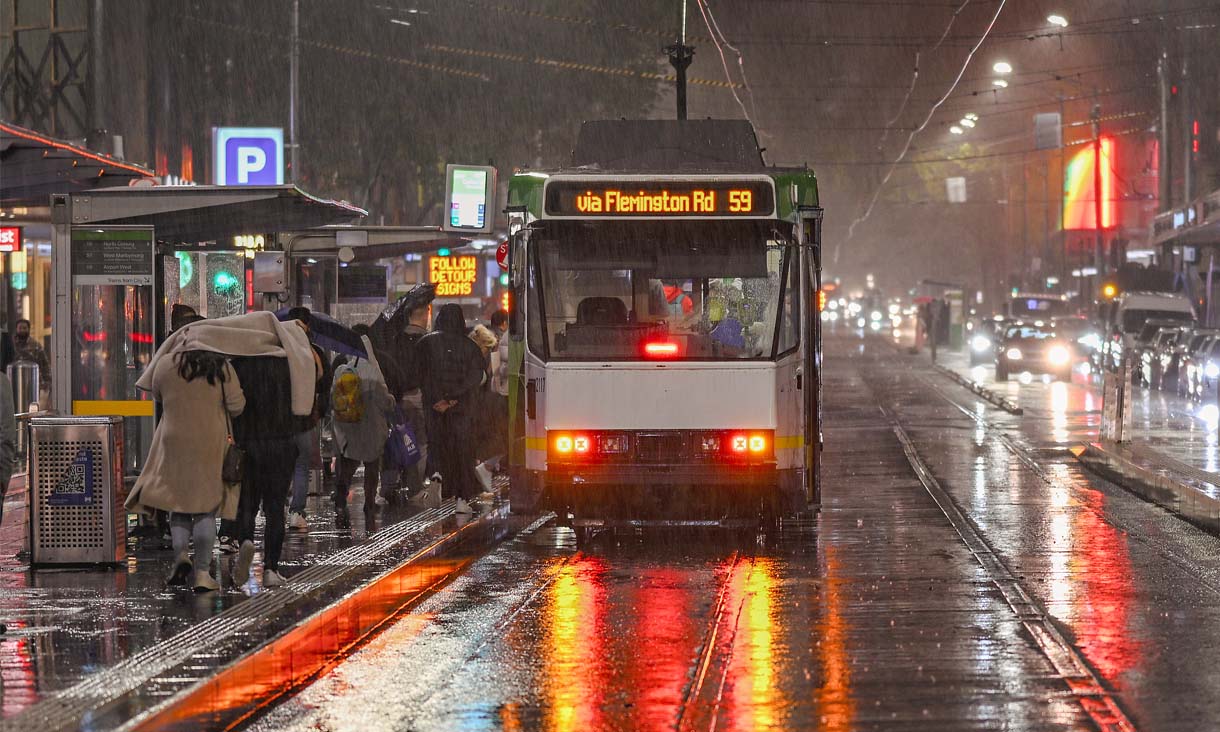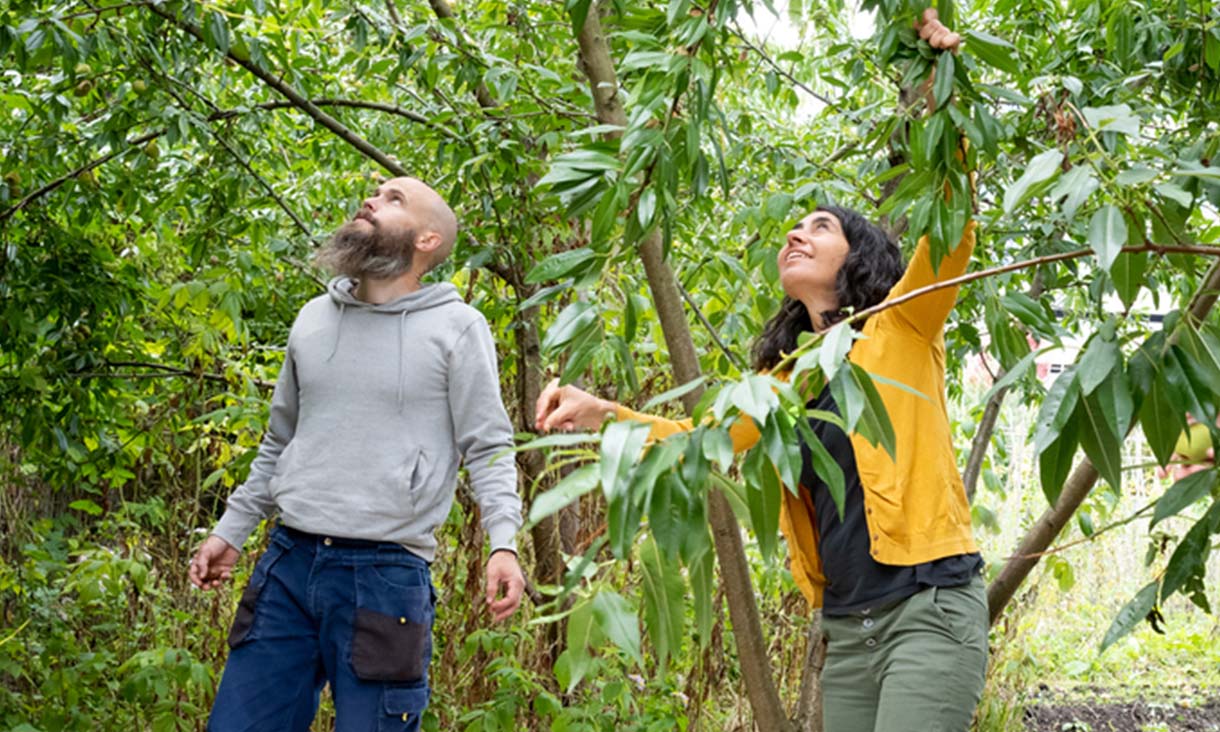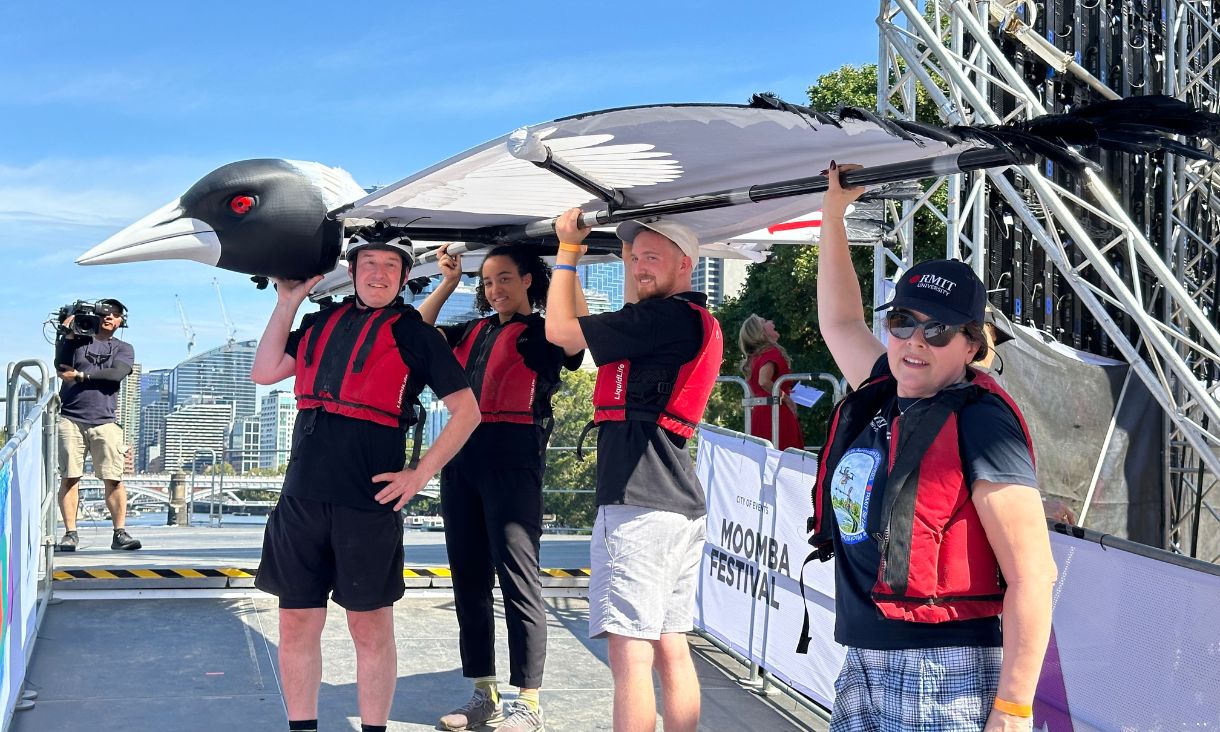Reporting on and responding to new challenges
AFLW star Tayla Harris is the latest in a long list to be targeted by online trolls after an image of her kicking in full flight was posted on Channel 7’s social media channels.
While the Carlton Blues player fought back and received significant support from the community, she described the trolling as “sexual abuse” and was later worried for the families of the online abusers, in the context of these attitudes potentially leading to violence against women.
For journalists working in 21st century media, trolling – the deliberate act of posting negative or hateful comments online, often anonymously – is something they must be equipped to report on and respond to.
Newsrooms are notoriously busy, prompting the question of how to train journalists to report on critical issues in society.
One solution is industry, advocates and educators working together to deliver training for those starting out and already working in the industry.
A recent panel coordinated by Our Watch and the RMIT University Graduate Diploma in Journalism was designed specifically for student journalists and working reporters and was coincidently held on the same day the Harris trolling story broke.
RMIT ABC Fact Check chief of staff Sushi Das, journalist and author of Troll Hunting Ginger Gorman, author and commentator Jamila Rizvi, academic and activist Dr Jessamy Gleeson, and Office of the e-Safety Commissioner spokesperson Rosalie O'Neale spoke at the event.
Graduate Diploma in Journalism program manager and Our Watch National Media Advisory Group member, Maree Curtis, said educators had a responsibility to make sure the curriculum adequately reflected and prepared students for the reality of working in modern, ever-changing newsrooms.
“Journalism training that once took place almost exclusively in newsrooms has, in recent years, largely been ceded to university journalism programs and this is a responsibility that RMIT's journalism programs take very seriously,” she said.
“Our graduates have to be not only technologically-savvy, but also know how to report with sensitivity and compassion, to be determined, tenacious, fair and balanced and to be able to sort fact from fiction.
“Collaborations between our journalism programs, industry and organisations such as Our Watch are vital because our students are future industry leaders and they are the ones who will bring about cultural change in newsrooms and be prepared for the complexities of being a journalist in a changing world.”
Our Watch CEO Patty Kinnersly said collaboration was needed to drive real change addressing the drivers of violence against women.
“The scope of our national media engagement work includes working with universities on journalism curriculum so student journalists are trained on the complexities and sensitivities of reporting on violence against women, and to ensure they don’t pick up bad habits or harmful myths and misconceptions,” she said.
“We’ve also developed National Reporting Guidelines, aimed at supporting journalists to achieve best practice reporting on violence against women.”
Director of Student Wellbeing and Inclusion Fiona Ellis said sexual harm had diverse and far-reaching impacts.
“Events like the industry panel around trolling align with the RMIT’s ‘Changing the Course’ framework, which aims to build a community where every student and staff member feel safe, respected, valued and treated equally,” she said.
